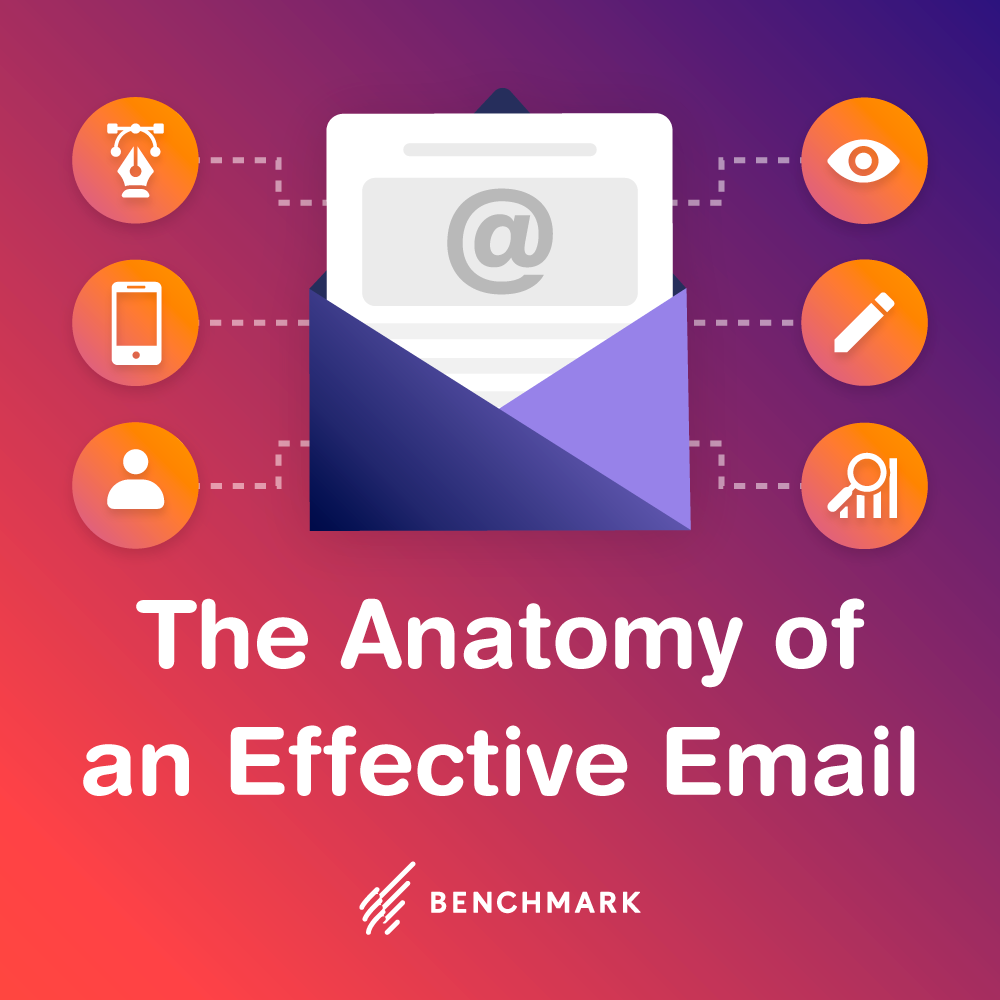
Proper business bulk email has the following ingredients
Bulk email marketing has become very popular among businesses, big and small, across the world. As compared to some of the other means of promotion such as advertising through TV, newspapers, radio, pamphlets and flyers, email marketing is more effective and a lot cheaper. With email marketing you can target people all over the world. On the negative side, the email marketing phenomenon has given rise to unsolicited bulk email sending, also known as spamming. Spammers gather email addresses from the Internet or rent them from other companies and send promotional emails about all kinds of products to these addresses.
How to go about a bulk email campaign
There are several ways you can go about sending bulk email, but broadly either you will do it yourself or use an email marketing service provider.
If you use a mail client like Microsoft Outlook to send bulk emails, you can go to the Tools menu and select Address Book. Hit New and select the New Group option. Select a group name and add all the email addresses you want and hit OK. Once completed, you can create a new mail message and incorporate any group you want, in the To field.
On the other hand, if you want life to be a little less complicated so you can focus on your core tasks, go for the more sensible alternative – a professional email marketing service provider.
These companies offer a range of schemes for you to choose from, depending on your requirement and Benchmark Email offers you plans for as little as $9.95. They also help you build and manage your subscriber email list, create email campaigns and deliver & track your emails. Apart from this, you can even plan automated deliveries at a pre-set frequency schedule and dispatch emails to your clients at times when they are most receptive. So, are there any pitfalls associated with bulk email marketing? Most definitely, and you can avoid some of these listed below without too much difficulty.
Irrelevant content
This is the first pitfall you need to avoid. Relevance or irrelevance of content also depends on the objective of your campaign. You may send them news related to your field or general tips or information about your products or services. Remember, your clients will not continue opening your emails you send if it does not engage them. One way to steer clear of this is to segment your email list according to where your customers live, demographics or any other attribute you deem appropriate. If you use Benchmark Email, you can segment your list and send content that is specific to each target group at minimum cost and with minimum effort.
Lack of clarity
Clarity of the content is just as essential as its relevance. Keep the language simple so that your clients will understand the message you wish to communicate. Clarity is important because your email is likely to be read by different people including college kids, senior citizens, senior managers etc.
No call to action
You may develop a professional looking email, which will entice your clients to open it. However, the email is incomplete without a call to action. Create a sense of urgency among your clients through a call to action. Phrases like act now or click here to find out more can persuade your clients to take the next step.
No unsubscribe link
As per the CAN SPAM Act of 2003, you have to include an unsubscribe link in your bulk emails. So if you don’t, then you are likely to be in trouble. An unsubscribe link will also give your credibility a boost. Comply immediately with any unsubscribe requests. Once you’ve taken the clients of your list, don’t send them any more marketing emails.




